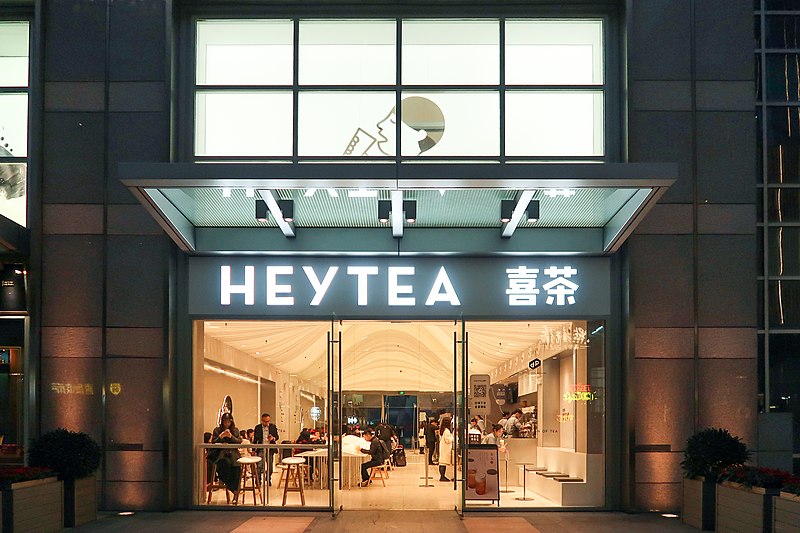On May 18, Beijing time, Heytea announced on its official Weibo that cultured meat cheeseburgers, of which “meat” is made by soy protein, will be launched for the first time. This means that Heytea has joined the tide rising around the world.
Cultured meat is a new generation of technology hotspots originated in Silicon Valley of the United States. Proponents say artificial meat is a new low-carbon and environmentally friendly technology which is also good for health. But some commentators refute that fake meat currently costs more than twice as much as real meat and is difficult to be commercialized, nothing but another gimmick to attract venture capital.
Many Chinese companies now have tried to join this trend. On April 2, Lamianshuo launched its first ramen pruduct made with cultured meat; on April 17, Papa John`s Pizza announced that it would launch the first domestic plant meat pizza for 79.9 yuan / 9 inches; on April 20, KFC announced that it would launch plant-cultured golden chicken nuggets for just 1.99 yuan / 5 pieces; and on April 21, Starbucks launched its cultured meat lunch menu based on plant protein. After that, Shuanghui, Jinzihuotui, Wan Chai Ferry Pier, and so on have also made actions related to artificial meat.
Heytea, a famous emerging tea company in China, was founded in 2012 and established the brand name of “Heytea” in 2015. After entering the Shanghai and Beijing markets in 2017, Heytea became a representative enterprise of the new generation of tea drinks in China, and soon established a fashionable and delicious brand image among young people. Compared with traditional tea and milk tea, Heytea has a higher unit price, but the abundant content of dairy and fruit makes it better in taste and more comprehensive in nutrition.
Also See: Why is milk tea popular again in Asia?
Heytea’s cultured meat hamburger is mainly made up of bread, fake meat, cantaloupe, and cheese. For the Chinese, it is merely a mediocre hamburger that lacks attraction, and it can be predicted that consumers may only buy the product to satisfy their curiosity. Although Heytea claims that the burger is “halving in calories and rich in dietary fiber”, healthier than any traditional hamburger. But foodstuffs healthier than a hamburgers is quite reachable in China, there is no good reason for consumers to go to a store where sells sugary drinks looking for “health”.
Some analysts believe that China is the most important region of soybean protein processing in the world, and the proportion of vegetable in the diet of Chinese people is also relatively high. It may indicate that cultured meat has a certain development potentail in China. In recent years, African swine fever sweeping China has led to a sharp increase in pork prices, which has also stimulated the determination of some enterprises to use artificial meat.
But more people don’t think so. Firstly, the majority of Chinese consumers have no interested in “the low-carbon environmental protection” or other ideals that advocated by the cultured meat producers. In addition, compared with European and American, Chinese consumers are more sensitive to price, the price artificial meat products may not be good enough. Judging from the corporate actions mentioned above, many lab-grown meat products are not likely to be commercialized for a long time, such as KFC’s extremely cheap vegetable chicken nuggets is much more like advertising rather than true producrts.

评论
One response to “Heytea launched cultured meat products, probably just following suit”
[…] recent years, as well-known companies such as KFC and Starbucks have experimented with artificial meat, vegetable meat may be a new […]